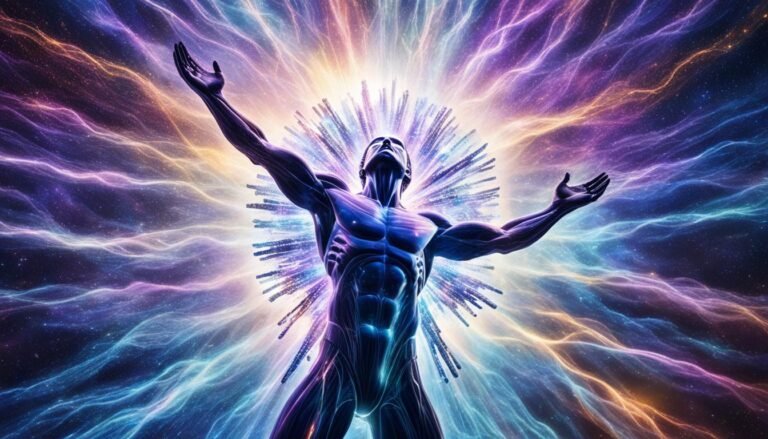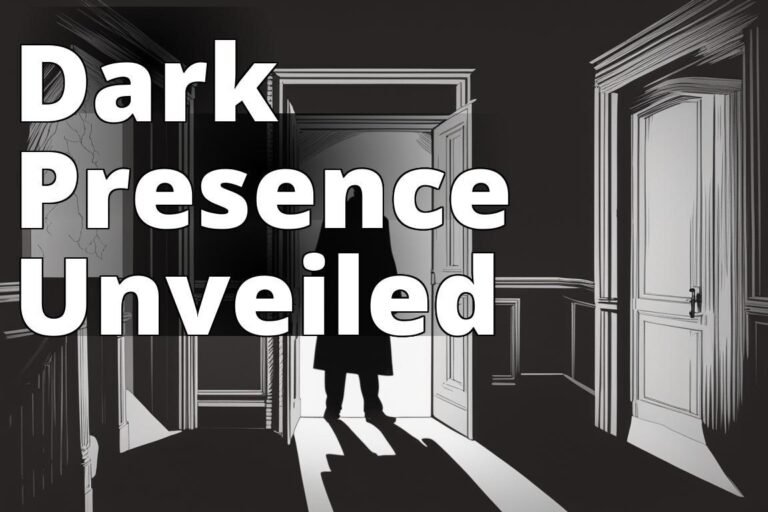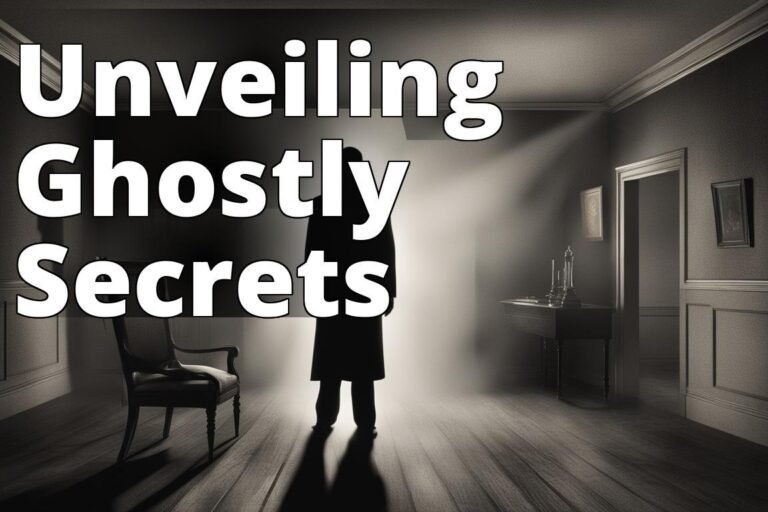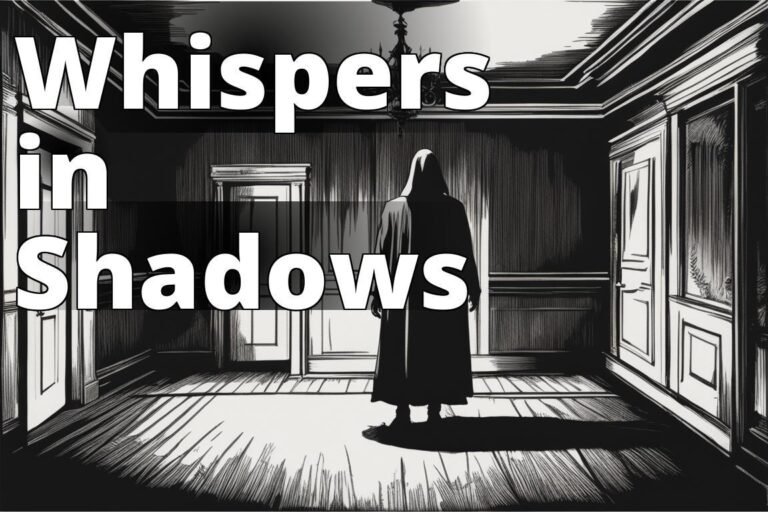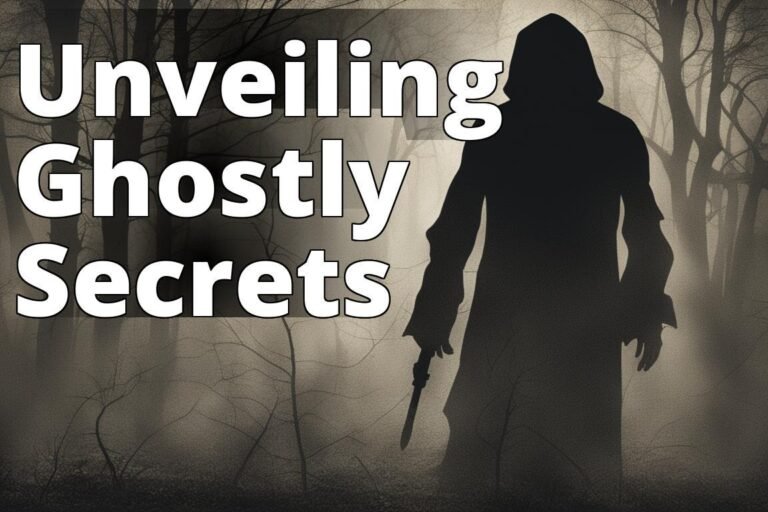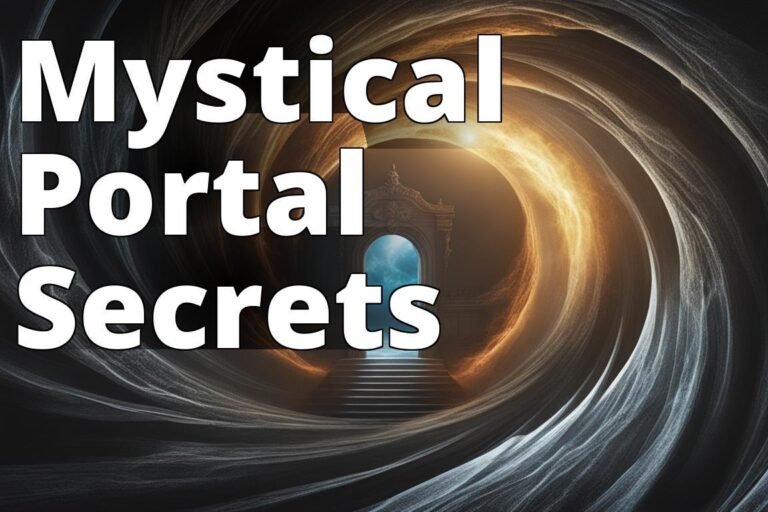Why Are People Afraid of Ghosts?
Have you ever found yourself frozen in fear, unable to move, just because a sudden, unexplained noise erupted in the quiet of your night? Or perhaps, the mere mention of ghosts sends shivers down your spine, making you glance over your shoulder, half-expecting to see a spectral figure floating behind you. The fear of ghosts, or phasmophobia, is not just a staple of horror movies; it’s a profound fear that grips many people worldwide. But why are we so afraid of ghosts?
Learn about the fear of ghosts
- Why are people afraid of ghosts?
- Fear of the unknown, death, afterlife, paranormal, dark, being alone, watched, touched, attacked, possessed, cursed, haunted places, objects, people, animals, dreams, memories, thoughts, feelings, sounds, smells, tastes, touches, visions, and voices.
- Different reasons contribute to the fear of ghosts, including a fear of various aspects of the paranormal world.
- Multiple factors such as the fear of the unknown, death, and being alone can contribute to this fear.
The Fear of Ghosts
The fear of ghosts taps into something deep within our psyche, a primal dread that transcends cultures and generations. It’s not merely the fear of seeing a ghost but what the presence of a ghost signifies. A ghost, after all, is a reminder of our mortality, a harbinger of the unknown that lies beyond death. This fear is rooted in the uncertainty of what happens after we die and the unsettling idea that spirits of the dead linger among the living.
Insider Tip: Experts suggest that storytelling, a tradition as old as humanity itself, has played a significant role in perpetuating the fear of ghosts. Tales passed down through generations have ingrained the idea of malevolent spirits in our collective consciousness.
The Fear of the Unknown
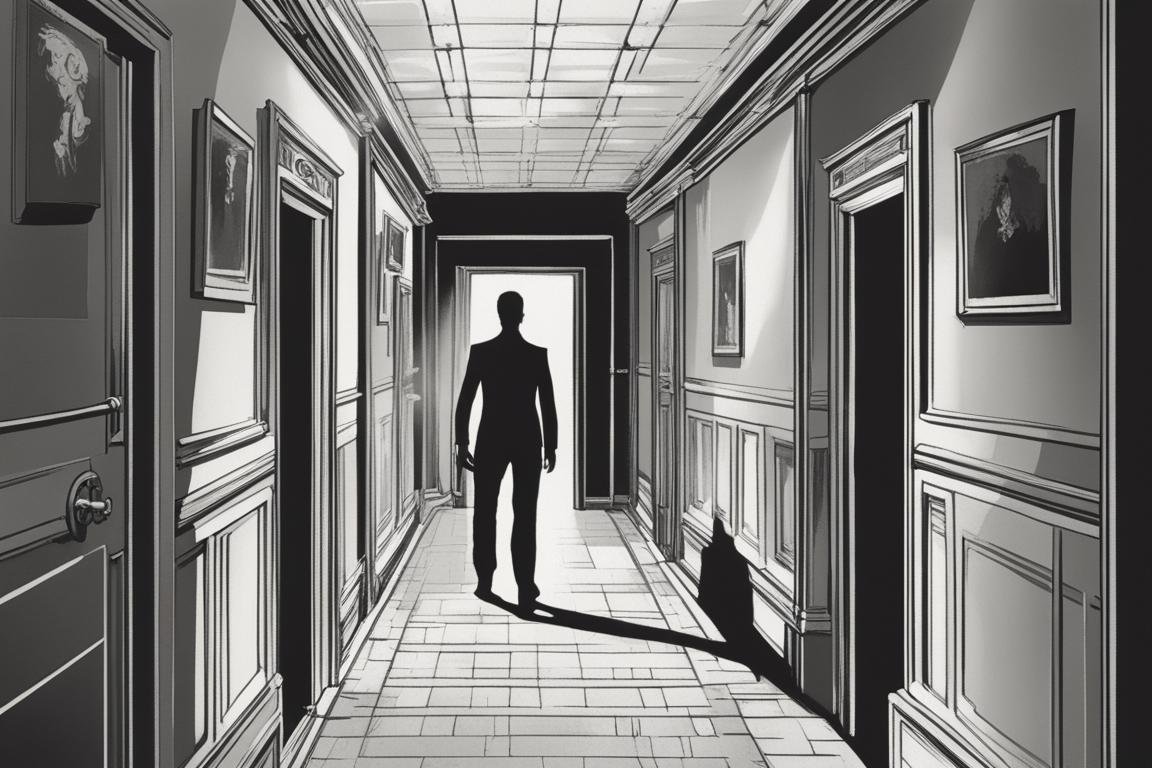
Humans are naturally curious beings, but we are also instinctively afraid of what we don’t understand. The fear of the unknown is a fundamental aspect of the human condition. Ghosts, spirits, and entities that we cannot easily categorize or understand become sources of fear. They represent the unexplored and unexplained aspects of the world and our existence, making us question our understanding of reality.
The Fear of Death
The fear of death is perhaps the most universal fear. It’s not just the end of life that terrifies us but the uncertainty that follows. Ghosts are often perceived as souls who have not found peace after death, trapped between worlds. This unsettling concept forces us to confront our mortality and the possibility of an unresolved afterlife.
The Fear of the Afterlife
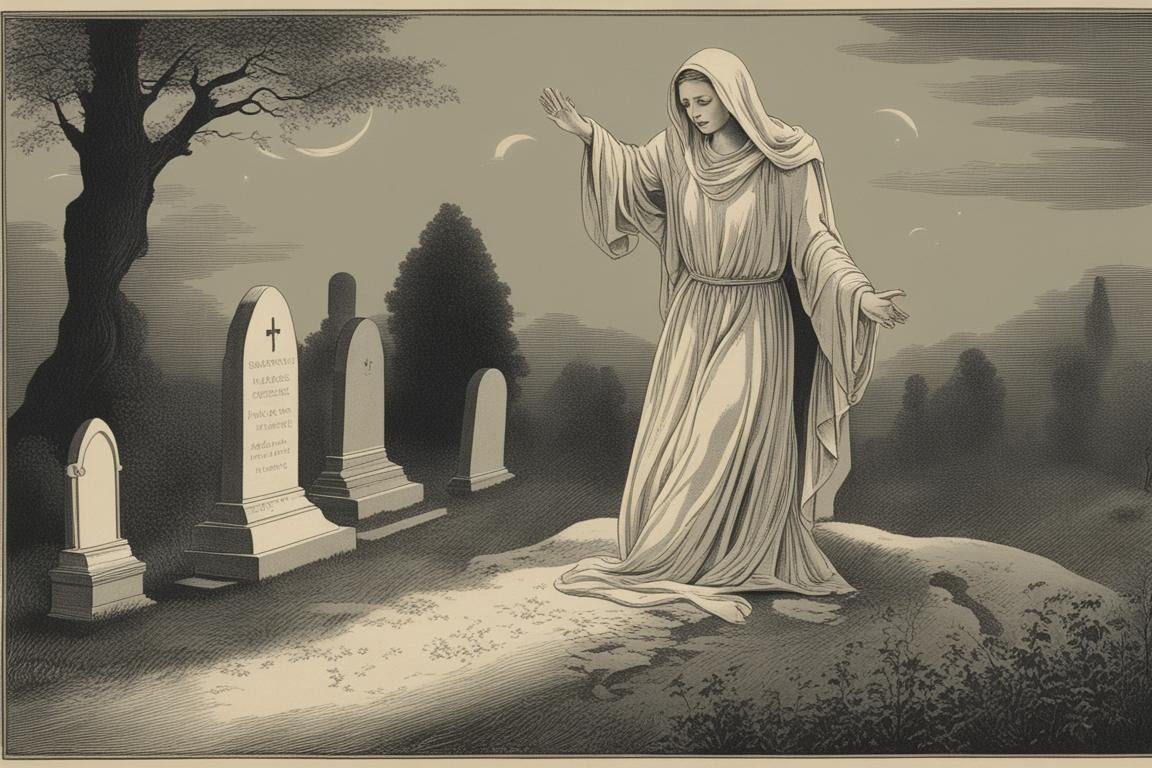
Closely related to the fear of death, the fear of the afterlife stems from the uncertainty of what lies beyond our earthly existence. Various cultures have different beliefs about the afterlife, but the idea of judgment, punishment, or eternal unrest is a recurring theme. Ghosts embody these fears, serving as a reminder of the potential consequences awaiting us in the afterlife.
The Fear of the Paranormal
The paranormal, by definition, defies logical explanation. Our fear of the paranormal is not just about ghosts but encompasses a wider range of unexplained phenomena. This fear is amplified by the media and popular culture, which often depict paranormal entities as malevolent forces capable of harming the living.
The Fear of the Dark
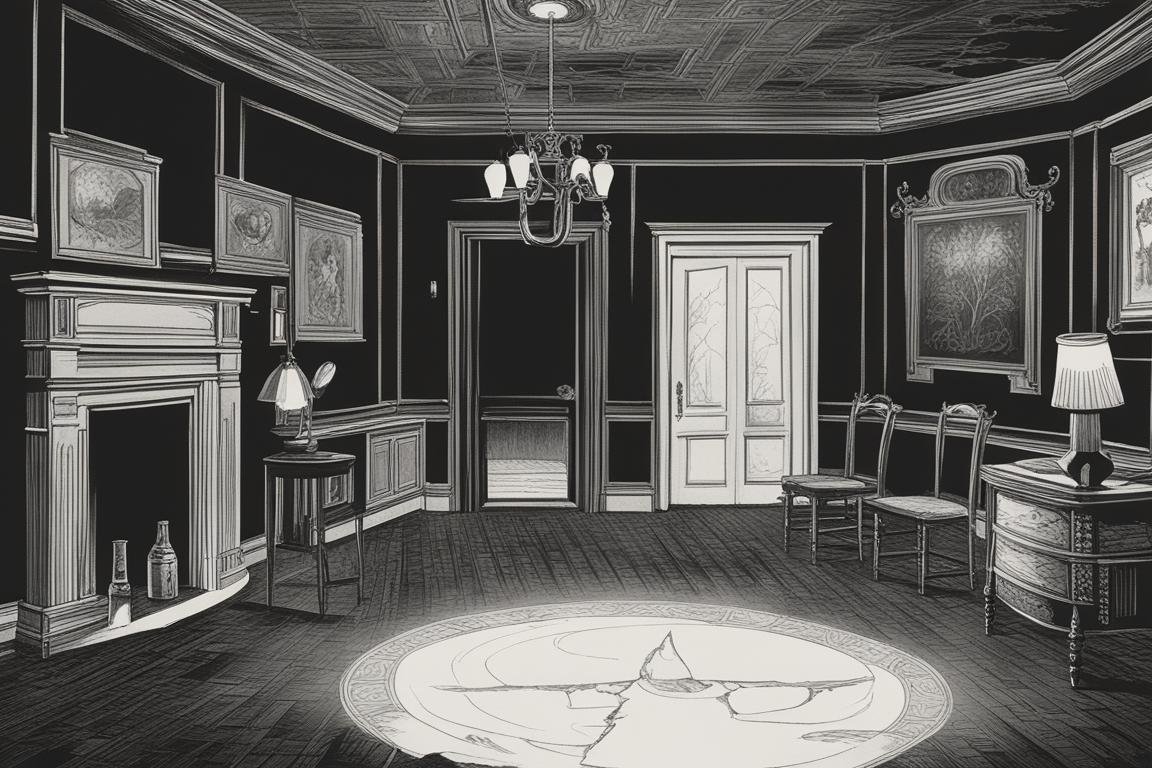
The fear of the dark is closely tied to the fear of ghosts. Darkness obscures our vision, making us vulnerable and uncertain about our surroundings. It’s in the dark that our imagination runs wild, conjuring images of ghosts lurking in the shadows. This fear is primal, rooted in our instinct to be wary of the unseen threats that darkness conceals.
The Fear of Being Alone
Isolation heightens our awareness of our environment and our vulnerability. The fear of being alone is not just about solitude but the feeling of being watched or followed when no one else is around. Ghosts, in this context, become the unseen presence that amplifies our fear of isolation.
The Fear of Being Watched
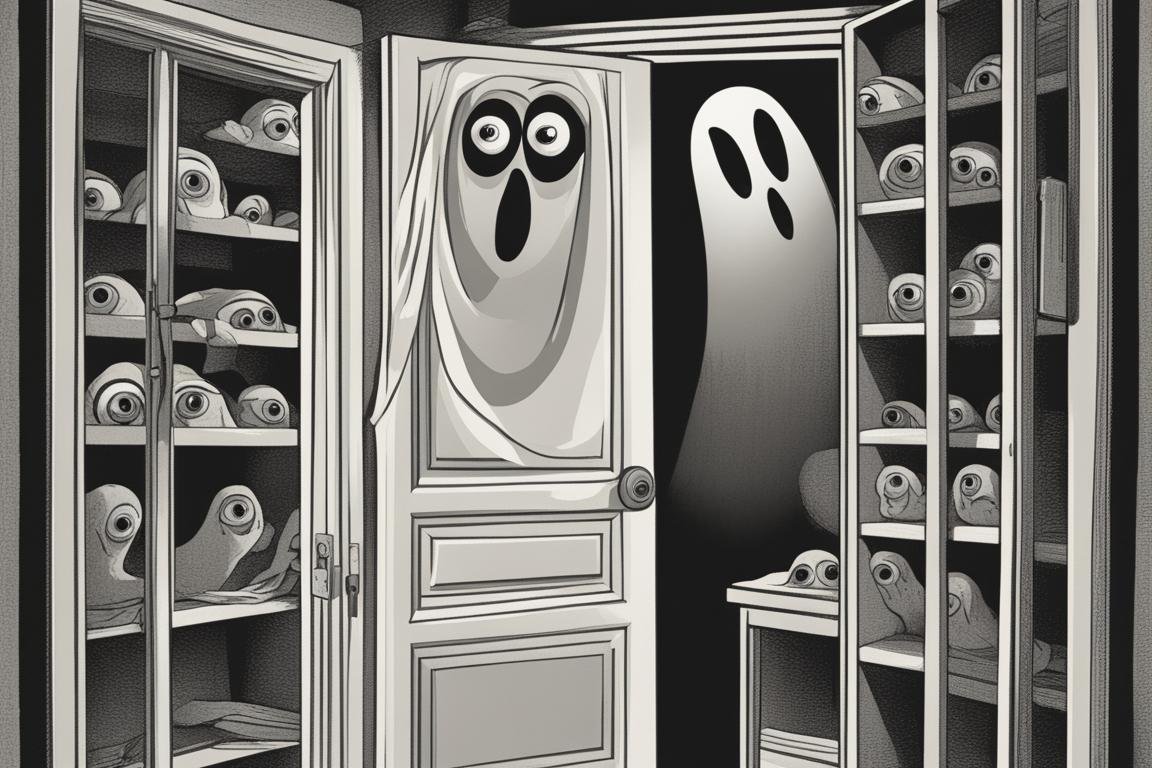
The sensation of being watched when we’re alone is a deeply unsettling experience. This fear is tied to our survival instincts; being watched usually meant a predator was nearby. When we transpose this fear onto the supernatural, ghosts become the watchers, unseen entities observing us from the shadows.
The Fear of Being Touched
The idea of an invisible force capable of physical interaction is a terrifying thought. The fear of being touched by something we cannot see is a powerful aspect of the fear of ghosts. It’s the fear of the violation of our personal space by an unknown entity, a breach of our most intimate boundaries.
The Fear of Being Attacked
The fear of being attacked by an unseen entity is a nightmare scenario. Ghost stories and paranormal accounts often describe physical altercations with spirits, fueling the fear that ghosts are not just passive observers but active threats.
The Fear of Being Possessed
Possession represents the ultimate loss of control, where one’s body and actions are commandeered by an external force. The fear of being possessed by a ghost or spirit taps into our deepest anxieties about autonomy and identity.
The Fear of Being Cursed
Curses, often associated with malevolent spirits or the wrath of the dead, embody the fear of inescapable, supernatural retribution. The idea that a ghost can exert influence over our lives and fate is a potent source of fear.
The Fear of Haunted Places
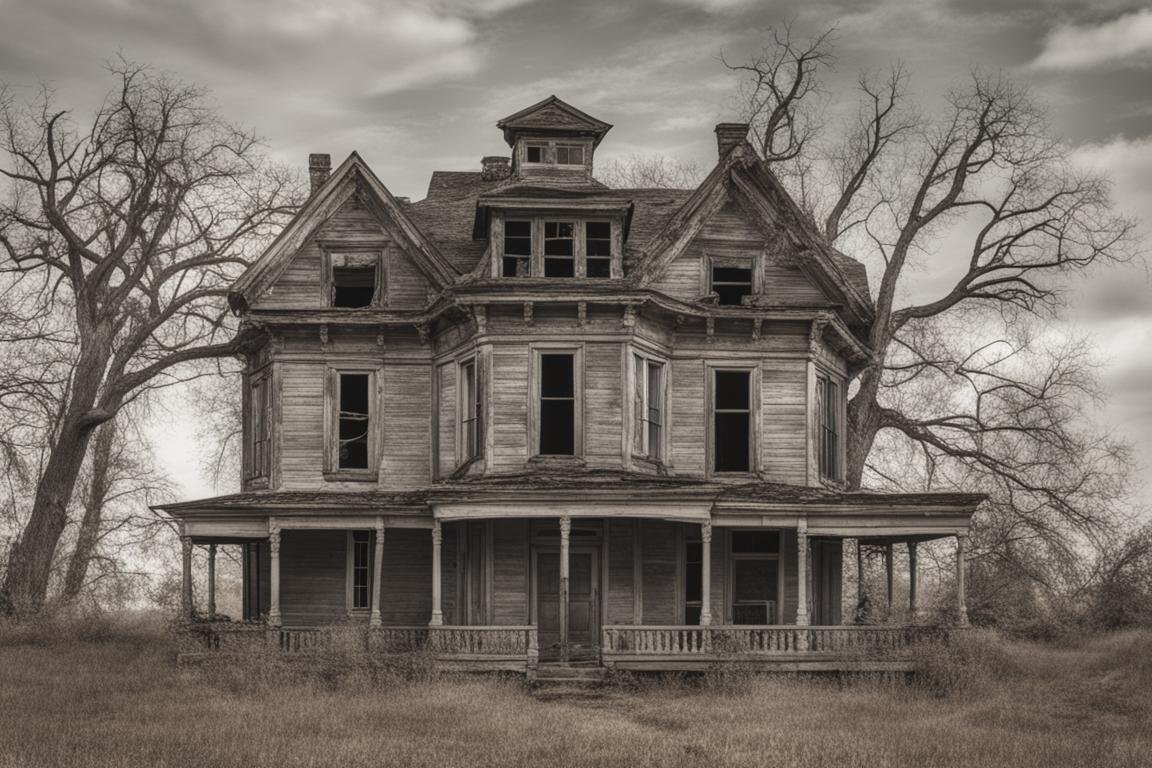
Haunted places are the physical manifestations of our fear of ghosts. They are the settings for countless horror stories, where the past and present collide, and spirits are believed to roam. The fear here is not just of the ghosts themselves but of the history and tragedies that imbue these places with a sense of foreboding.
The Fear of Haunted Objects
Objects that are said to be haunted or cursed carry with them stories of tragedy and malevolence. The fear of haunted objects is rooted in the belief that spirits can attach themselves to the material world, influencing or harming the living through these vessels.
The Fear of Haunted People
The idea that individuals can be haunted, either by their own actions or by external entities, is a deeply unsettling concept. It’s the fear that we, too, could become vessels for restless spirits, our lives forever altered by their presence.
The Fear of Haunted Animals
Animals, often considered more attuned to the supernatural, can be sources of fear when they are perceived as being haunted or possessed. Their behavior, inexplicable or unusual, can be seen as a sign of a ghostly presence.
The Fear of Haunted Dreams
Dreams serve as a bridge between the conscious and unconscious mind, and when they are haunted, it’s as if our innermost fears have been infiltrated by the supernatural. The fear of haunted dreams is the fear that even in sleep, we are not safe from ghosts.
The Fear of Haunted Memories
Memories, especially those associated with trauma or loss, can feel haunted, as if the past refuses to rest. This fear is about the ghosts of our own lives, the unresolved and the unreconciled that linger in our minds.
The Fear of Haunted Thoughts
Obsessive thoughts or fears can feel as if they are being implanted by an external force. The fear of haunted thoughts is the fear of losing control over our own mind, influenced by unseen entities.
The Fear of Haunted Feelings
Emotions can sometimes overwhelm us, seemingly coming from nowhere. The fear of haunted feelings is the fear that these emotions are not our own but are being manipulated by a ghostly presence.
The Fear of Haunted Sounds
Unexplained sounds, especially those that mimic human activity, can be terrifying. They suggest the presence of someone or something that should not be there, amplifying the fear of ghosts.
The Fear of Haunted Smells
Scent is a powerful trigger for memory and emotion. Unexplained smells, particularly those associated with the deceased, can be a harrowing reminder of their presence, real or imagined.
The Fear of Haunted Tastes
Though less common, the fear of experiencing unexplained tastes can be disturbing, suggesting a ghostly presence that is not just observed but interacted with in a deeply personal manner.
The Fear of Haunted Touches
The sensation of being touched by an unseen hand is a classic element of ghost stories, a direct, physical manifestation of the supernatural that is both intimate and terrifying.
The Fear of Haunted Visions
Seeing something that cannot be real, yet appears before our eyes, challenges our understanding of reality. The fear of haunted visions is the fear that our perception can be so easily manipulated by the supernatural.
The Fear of Haunted Voices
Hearing a voice without a source, especially one that is familiar, is a chilling experience. It’s the fear that the dead have not departed, that they still wish to communicate, or worse, influence the living.
What to Do If Youre Afraid of Ghosts
If the fear of ghosts is affecting your life, it’s important to address it. Understanding that these fears often stem from deeper anxieties about death, the unknown, and loss can help in managing them. Seeking support from friends, family, or professionals can also provide comfort and coping strategies. Remember, it’s okay to be afraid, but you don’t have to let fear control your life.
In conclusion, the fear of ghosts is a complex tapestry woven from the threads of our deepest anxieties and uncertainties. It’s a fear that has haunted humanity across ages and cultures, manifesting in countless forms and stories. By confronting and understanding this fear, we not only demystify the ghosts that haunt us but also shed light on the shadows within ourselves.
Explore More About Understanding Spirits and Ghosts


